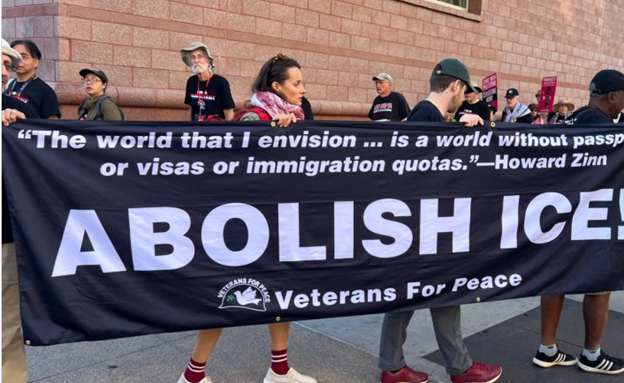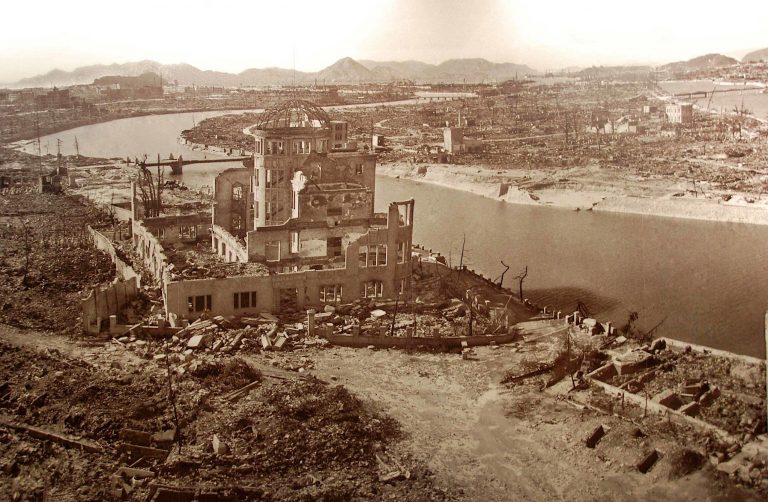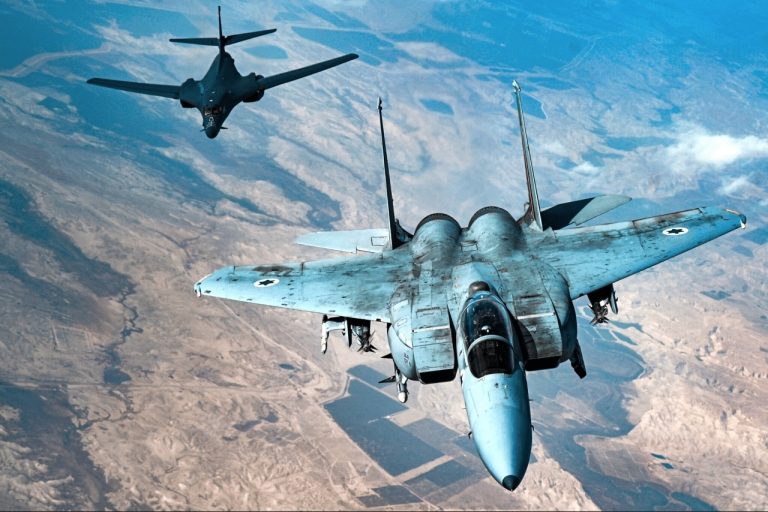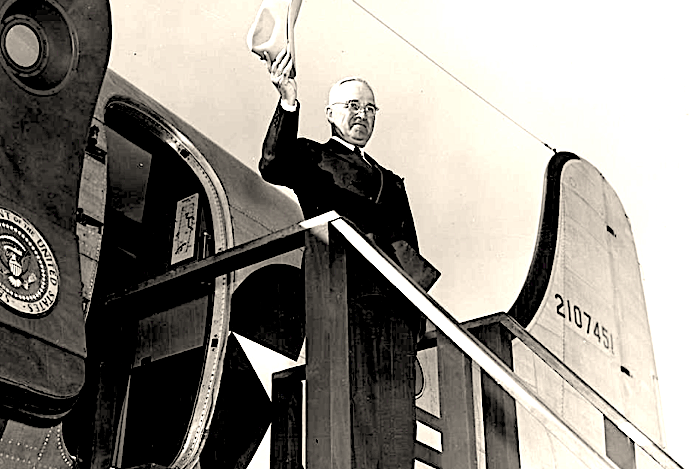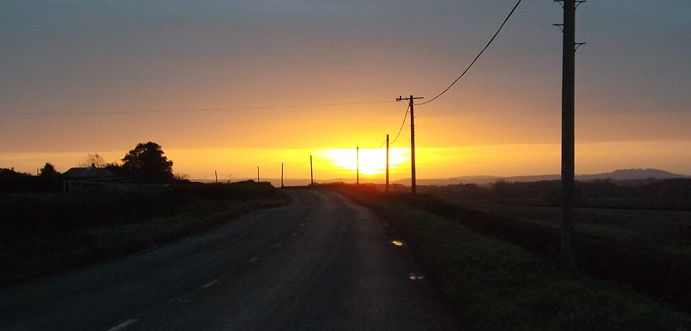Military Veteran Speaks Out On Nuclear War And GI Resistance
This past week marked the 80th anniversary of the US bombing of Hiroshima and Nagasaki. Clearing the FOG speaks with Gerry Condon, a past president of Veterans for Peace and a lifelong GI resister, about the myths of the US atomic bombing of Japan and the costs of nuclear weapons, including the environmental contamination from the nuclear chain and testing. Condon warns that the risk of nuclear war is higher than ever. He also speaks about resistance to nuclear weapons and his current work on the anti-nuclear boat, The Golden Rule. And Condon discusses the surge in active duty members who are joining Veterans for Peace in opposition to the genocide in Palestine and the domestic deployment of the military to assist ICE in the detention of immigrants and US citizens.

